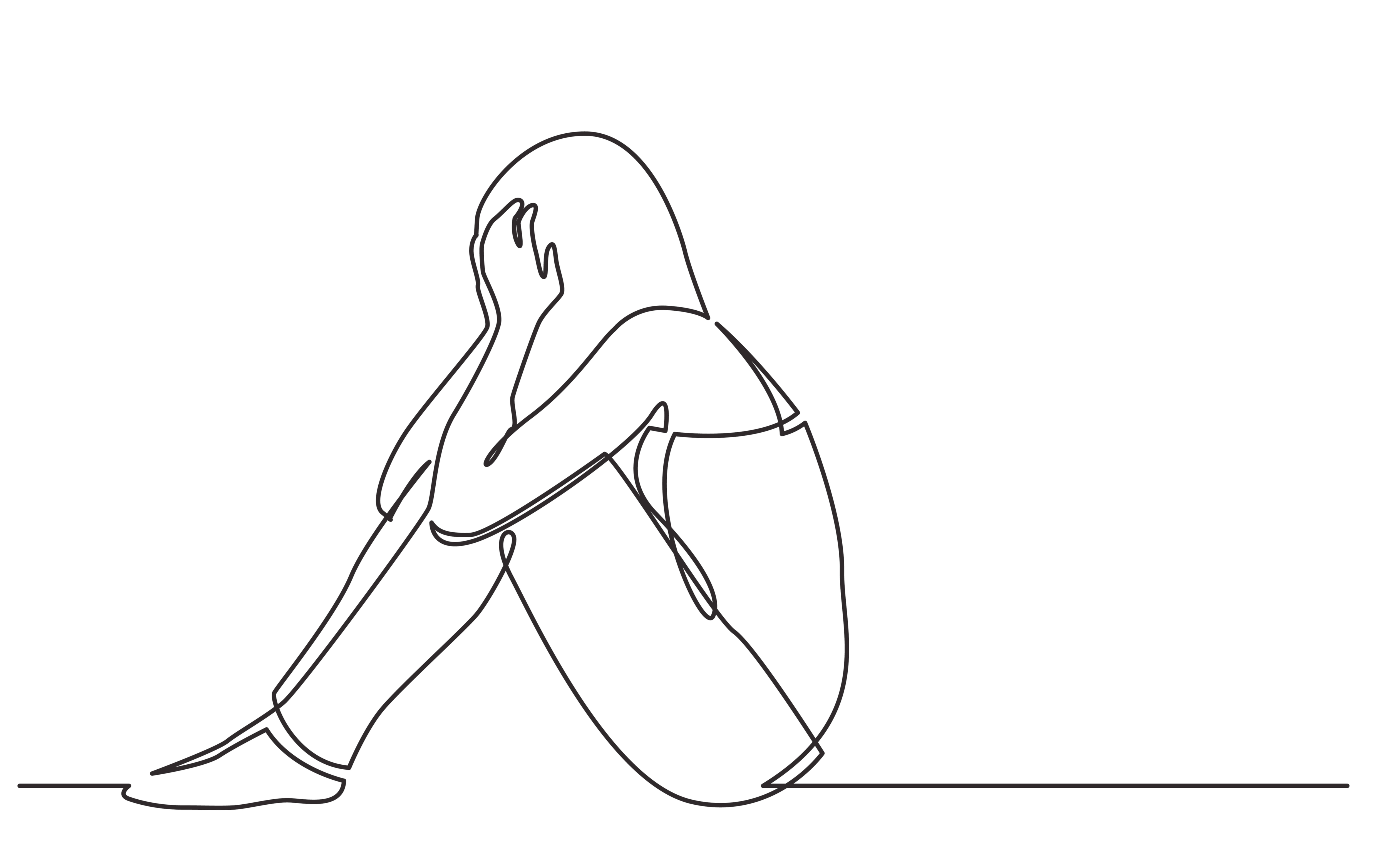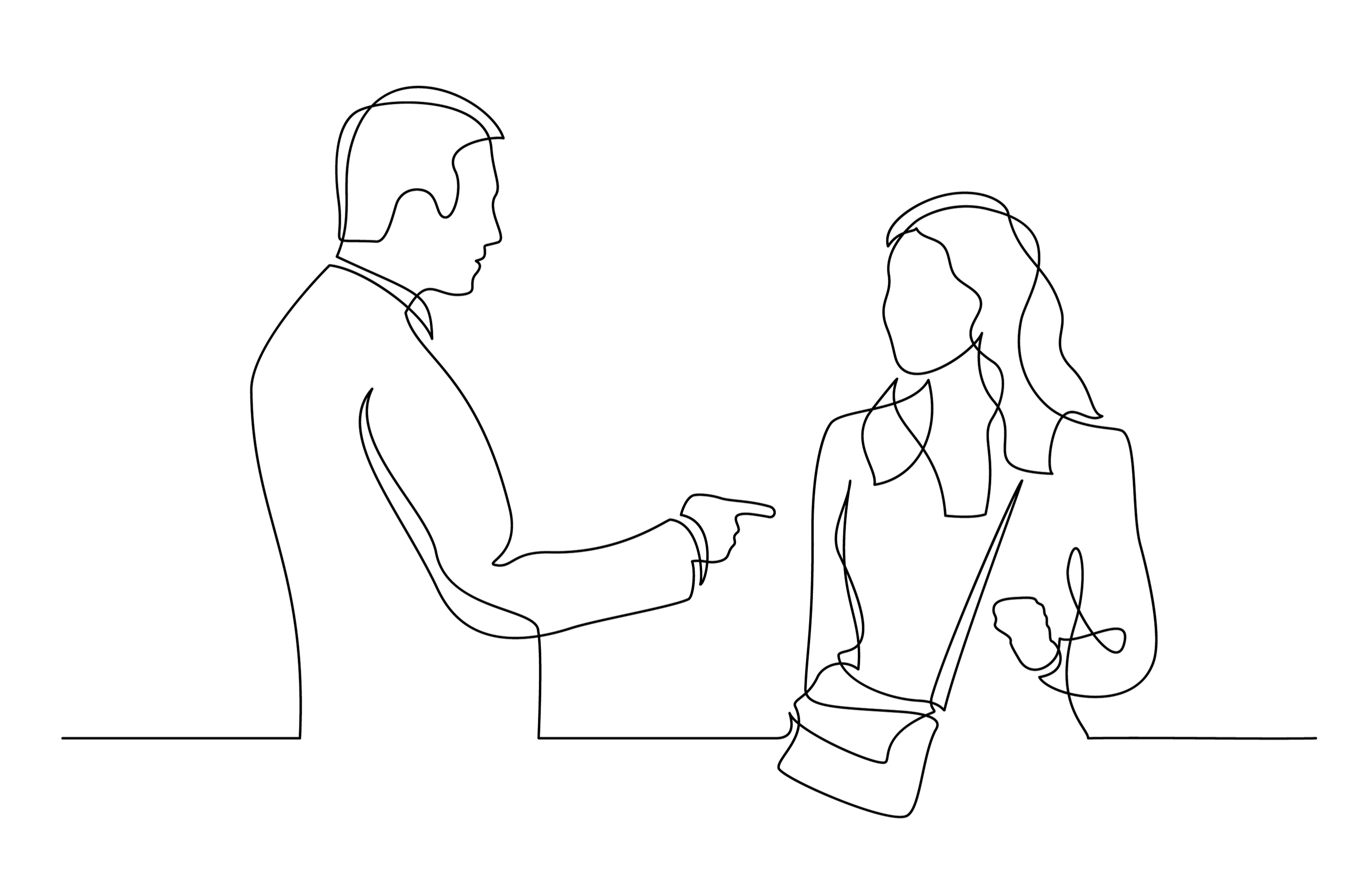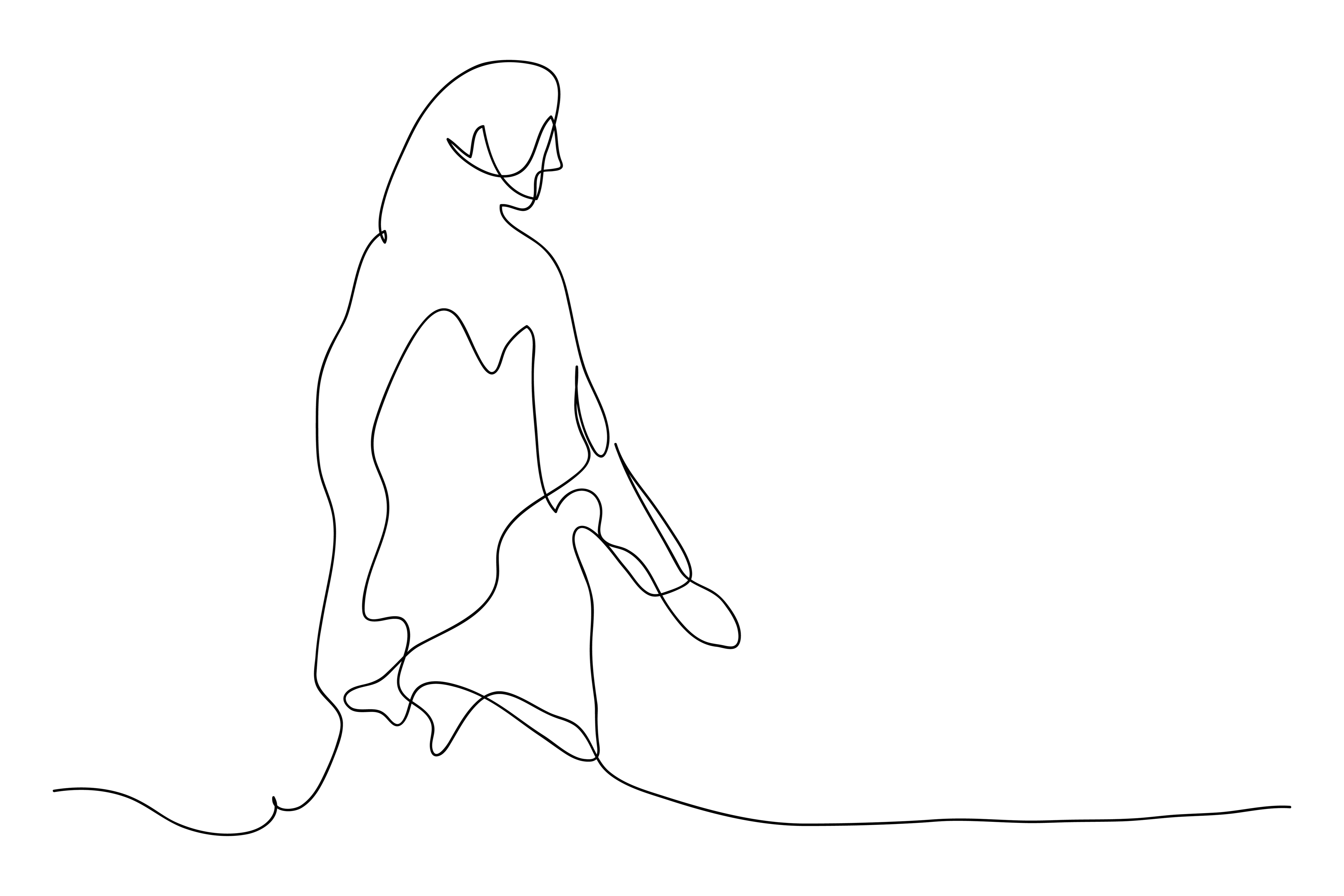
Health & Medicine
When love is blind

Sexual assault by an intimate partner often goes unreported, and when it is, the legal system is daunting whether a woman is seeking justice or simply protection. We need a better way.
Published 3 May 2021
CONTENT WARNING: This article discusses multiple forms of trauma, including sexual violence and assault, abuse and harassment, as well as the effects of this trauma on mental health.
It finally became possible in the 1980s for a husband to be convicted of raping their wife – before then there was no legal sanction against rape in marriage. Yet almost 50 years later, it is still rare for women to report experiences of Intimate Partner Sexual Violence (IPSV) to the police.
While almost one in ten women (if not more) in Australia are estimated to have experienced IPSV – sexual assault or abuse perpetrated an intimate partner – the vast majority of these (90 per cent) didn’t contact police about it.

To better understand what is going on, I talked with 65 women about their experiences of family violence and their efforts to use the legal system to achieve safety for themselves and their children.
Nearly half said they had experienced IPSV during their relationship, but as in previous research, most of them did not tell the police about it.
Common reasons for not reporting to police included a sense that they could deal with it themselves, and feelings of shame or embarrassment. But I also found that many were uncertain over the seriousness of the offence, and some women were unsure whether rape in an intimate relationship was ‘real’.

Health & Medicine
When love is blind
For example, in an interview Fiona* asked me: “When you have sex against your will, and you don’t want it – well technically that’s rape isn’t it?”
Sex in the absence of free agreement between the parties is rape.
While some women were unsure, it was clear from their accounts that what they had been subjected to was a crime.
The experiences of IPSV these women raised included forced sex, reproductive coercion and non-consensual visual recording of sexual activity. Leah* was often raped by her abusive partner:
“He would drag me onto the bed with my little one sleeping in the same bed and I was crying… very violent. He would go on and on.”

Some women reported their partners watched pornography and then demanded that they take part in degrading sexual acts.
Anna* told me, “He’d watch that...[then] you’d have to have sex... It was all non-consensual really.’
Some women felt unable to report IPSV because they had insecure visas that relied on their partner’s sponsorship. They felt obliged to have sex with their partner at his demand as part of the visa commitment.
Others reported their partner used her visa insecurity to pressure for sex.

Health & Medicine
What a friend experiencing abuse needs most is an ally
As one woman told me:
“…he would be threatening me with visa issues all the time, that he was going to cancel it, that he was going to warn the court on me, that he was not my sponsor anymore. I would accept having sex with him than not have a visa because he was saying he was going to cancel.”
Beyond the problem of IPSV not being reported, even when survivors do report IPSV to police there is a good chance that there will be no charges, or if there are charges, they will be withdrawn, or the accused found not guilty.
Problems with proving the allegation is usually the reason.
The conflicting stories often told by the accused person and the survivor about consent and how it was understood, along with the absence of third party witnesses, make it difficult to prove lack of consent beyond a reasonable doubt.
It may be particularly challenging to convince a jury there was no consent when, in the past, the two people have had consensual sex.

Furthermore, if survivors want to see their abuser convicted of rape or sexual assault, they may have to endure giving evidence at trial. This includes cross-examination, sometimes for hours. That process is retraumatising for many survivors.
Fiona* told me that while she was prepared to report her partner’s stalking behaviours and physical assaults to the police, she did not tell police about the rapes she endured for years explaining: “You don’t want to tell the whole courtroom stuff that you’re ashamed of.”
Some women I spoke to did report IPSV to police, but did not want criminal charges made against their ex-partner. Rather, they wanted an intervention order to immediately protect them without the trauma and uncertainty of pressing charges.

Health & Medicine
We need to talk about pornography
Intervention orders are the most common legal response women seek in response to family violence.
Mostly, police help women apply for these, although some women do this on their own or have the help of a lawyer or support worker.
In Victoria, more than 20,000 intervention order applications are filed every year. These orders aim to protect survivors from future family violence.
Intervention order law recognises IPSV as a form of family violence yet, despite how common it is in this context, allegations of IPSV are often not included in applications for protection.
Some lawyers and family violence support workers report they are cautious about including allegations of IPSV in applications for intervention orders.

Their reasons for caution include concerns that courts may find the allegations ‘historic’ and therefore not ‘relevant’ to the claim for future protection from family violence, and that perpetrators are more likely to contest IPSV allegations in court, leading to lengthy cross-examination.
This was Ingrid’s* experience.
She applied for an intervention order and included her experience of IPSV in her application. She said her ex-partner “kind of did sexual violence…”.
“I always said I don’t like it, but he always kept pushing to do it. There was one time where I actually started bleeding and everything, and he just didn’t stop.”

Health & Medicine
What drives Intimate Partner Sexual Violence?
Her ex-partner was legally represented and denied Ingrid’s allegations about IPSV. His lawyer cross-examined Ingrid for two hours about her experience of IPSV.
Ingrid cried when she told me the court ultimately “threw out the sexual violence” because she could not prove it, and, because they were separated, the court found there was no risk of future IPSV.
Ingrid was not granted an intervention order on this occasion. She felt like her experience had been discounted.
The trauma associated with reporting rape and sexual assault and the evidentiary and procedural problems that have obstructed these claims are well documented and, inevitably, extend to IPSV.
Some have argued that the adversarial legal system is ill-equipped to deal appropriately with sexual violence.

Alternative justice approaches that allow the victim to be heard and help people who are responsible take responsibility for their actions may be more successful in stopping re-offending and changing behaviour.
The Victorian Law Reform Commission is currently grappling with these issues, including considering how the legal system’s response to IPSV might be improved. It is due to report in August 2021.
Given the scale of IPSV, with many cases going unreported, changes to the legal response are urgently needed.
*Names changed to protect anonymity
If you need support or more information, please contact 1800 Respect national helpline: 1800 737 732 or Lifeline: 131 114.
Banner: Shutterstock